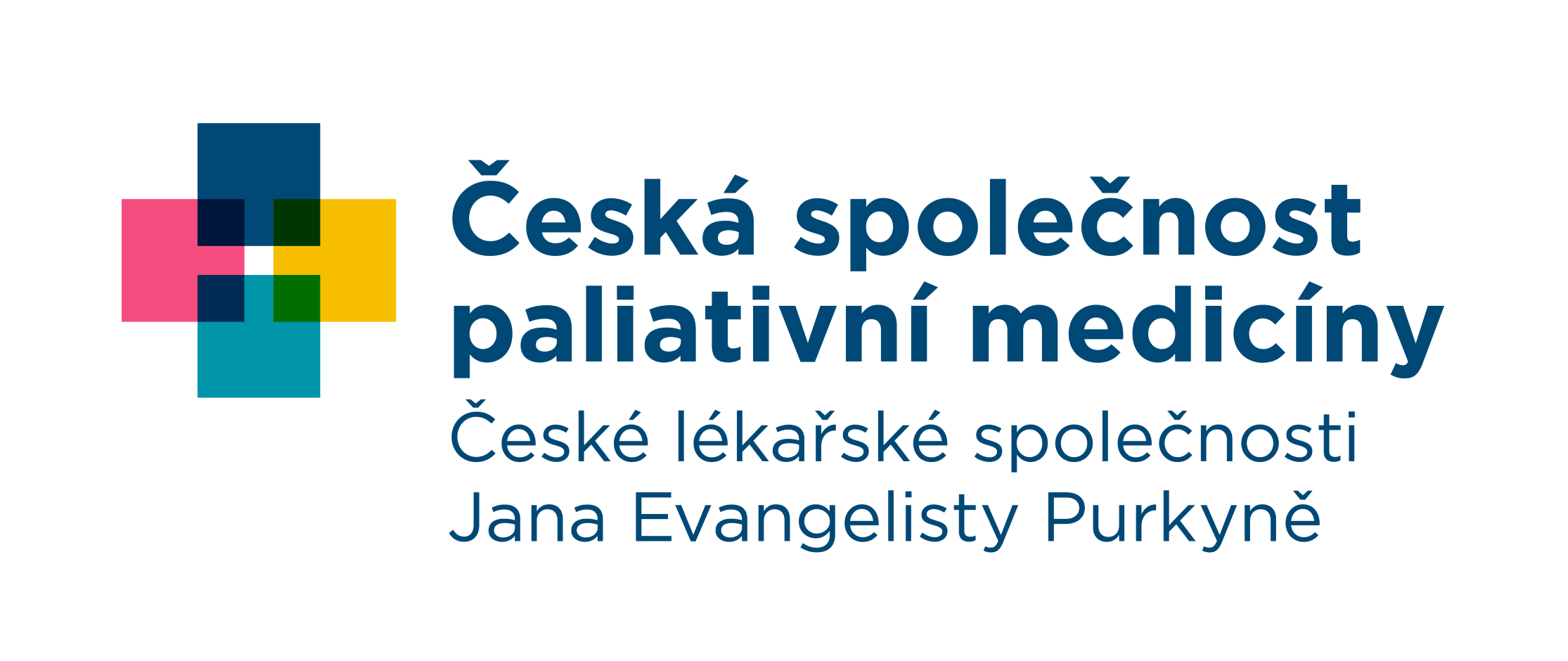Illness and prognostic understanding in patients with hematologic malignancies
Keywords:
palliative care, prognostic understanding, hematologic neoplasms, hematopoietic stem cell transplantationAbstract
It is critical for patients with hematologic malignancies to have an accurate understanding of their illness and prognosis to make informed treatment decisions. Illness and prognostic understanding have primarily been studied in patients with solid tumors, however, data in patients with hematologic malignancies are rapidly growing. Patients with hematologic malignancies often face a unique and unpredictable illness trajectory with the possibility of cure persisting even in relapsed and refractory settings. These patients often require intensive therapies such as high-dose chemotherapy, hematopoietic stem cell transplantation (HCT), or CAR T-cell therapy, which carry with them significant risk of morbidity, mortality, and prognostic uncertainty. In this review article, we first described the current literature on illness and prognostic understanding in patients with hematologic malignancies including 1) patients’ varying desire for prognostic information; (2) patients’ prognostic misperceptions, (3) the association between patients’ prognostic understanding and their psychological outcomes; and (4) barriers to prognostic understanding. Next, we examined insights gained from the literature about illness and prognostic understanding in patients with solid tumors to guide our understanding of the research gaps in hematologic malignancies. Future studies are needed to better delineate the longitudinal relationship between prognostic understanding, psychological distress, and coping in patients with hematologic malignancies.
Reprinted from Blood Reviews, 45 (2021), 100692; with permission from Elsevier.
https://doi.org/10.1016/j.blre.2020.100692.



